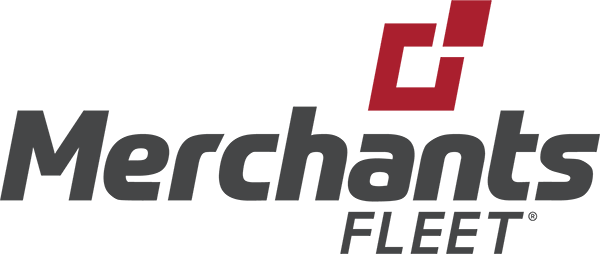
Recently the leadership team at Merchants was tasked to read a modern classic – The Tipping Point: How Little Things Can Make a Big Difference by Malcolm Gladwell. Although this book is nearing 20 years old, the principles it contains about how ideas, trends, behaviors, and products cross the line from something new and obscure to wildly popular still are applicable today. I originally read it when it was first released, but re-reading it today made me reflect on the fleet industry. Implementing or changing fleet providers is a significant business change for companies already. Add in forces like vehicle sharing, artificial intelligence, and automation – many of which are in their early stages – and I had to ask: What does the tipping point look like for the fleet industry?
At What Point Does Someone Want to Make a Change?
As a Senior VP of Sales, I see our teams occasionally run into inertia, and it is frustrating. We all experience this inertia ourselves – personally, I get hundreds of sales calls and emails, and I delete almost all of it. This inertia exists because decision makers often have little to no time to consider a major change in how they do business. The most powerful reasons for change are when there is a combination of factors: both pain and exposure to a new concept.
To consider a major change, a fleet has to feel significant pain in how they do things today. This pain could be cost, service, or timing – essentially, they don’t have what they need when they need it. The other reason why people consider change is they’ve heard of or seen something recently that’s new and unique that they hadn’t been exposed to before. This creates an interest in how they might go about better running their company fleet. Demand is created where it didn’t exist because they’ve been exposed to a new idea or concept that could have significant benefits.
The Risks & Rewards of Being Bold
Recently we were working with a prospective client where we made the recommendation to consider seasonal vehicles, which would be a different lease structure than the majority of their fleet. The idea would significantly reduce costs for a portion of their fleet. As we laid out the impact of this lease structure, I thought to myself – “If I already had all that business, would I be brave enough to suggest something that would potentially cost our business thousands of dollars so my client could have a lower cost and more efficient fleet?”
Similarly, sometimes fleet consumers see obstacles about why new technologies or leasing arrangements won’t work – even if early evidence indicates it could – because they fear the cultural and professional consequences of downsizing their fleets. As new technologies like mobility and autonomy change the “one vehicle-one driver” paradigm and disrupt the industry, and data highlights new opportunities for efficiency, stakeholders on both sides of the fleet relationship often fear what may become of their current roles as they embrace new models.
In the end, however, the outcomes of these changes eventually arrive. whether you welcome or fight them. Both fleet management companies and fleet consumers must ask themselves: are the company’s odds of success better if you’re an early adopter versus being late to the party?
One of the best examples that highlights the rewards that can come with being bold is our nearby Southern New Hampshire University. Once a traditional, small liberal arts college, it is now one of the fastest-growing universities in the United States because of its investment and focus on online education. What could have resulted in drawing students away from their brick-and-mortar campus resulted in the opposite. The campus didn’t shrink – it exploded, because the revenue from its online education courses is helping them invest in their campus. The proverbial “pie” didn’t shrink – it got bigger. Much bigger.
Moving Toward the Tipping Point
The tipping point for fleets to enter a new way of doing business and thinking about fleet will be driven by companies that want to control costs and increase profits significantly, and who will be comfortable with sharing transportation assets with other entities. Vehicle sharing is in the early stages of being accepted by some fleets, governments, and companies who are able to connect with others in adjacent properties are especially poised to start thinking and acting differently about how they manage their fleets.
As fleet management providers, we must remember that our current and prospective clients often don’t realize that new technologies and systems, such as those that enable vehicle sharing, are potentially available for implementation right now. We can facilitate their transition to these new models and technologies. By showing how fleet consumers can start implementing tomorrow’s technology today, and how these changes make economic sense, the demand for these new models and technologies will build. While this tipping point will have pain involved, ultimately our fleet partnerships have much more to gain than lose from this type of forward thinking.
We Must Challenge Each Other
As fleet management professionals, if we just wait for clients to tell us they’re experiencing pain, our growth will be limited. Our goal is to expose fleet operators to advancements and technologies they may not know about, even though it can be risky to introduce new ideas. The reality is we are putting our clients at risk if we don’t share new knowledge.
Similarly, fleets should challenge their existing fleet management partners to share new technologies and strategies and not just save the newest ideas for new clients. It’s also critical for fleet clients to play an active role in the fleet management partnership by sharing their new ideas too. Ultimately, to ensure the best possible service and relationship, both parties should challenge each other with new ideas and concepts that together create a tipping point for action.

